Why More People Are Walking Away from Big-City Life: 13 Key Reasons

In recent years, a noticeable trend has emerged: more individuals are choosing to leave the hustle and bustle of big-city life. This shift is driven by a variety of factors, ranging from the allure of more space to the desire for a slower pace of living. As people seek greater work-life balance and personal fulfillment, it becomes clear that the cityscape, once a symbol of opportunity and excitement, is losing its appeal for many. In this blog post, we explore 13 compelling reasons why people are making the move away from urban centers, embracing new lifestyles filled with promise and peace.
1. Cost of Living

The high cost of living in big cities can be overwhelming. Rent prices skyrocket, utilities add up, and everyday expenses often leave residents struggling financially. City dwellers face the daunting task of balancing budgets while maintaining a decent quality of life. Many individuals find themselves sacrificing savings and leisure for basic necessities.
The financial strain can hinder long-term goals, like homeownership or starting a family. This economic pressure pushes many to seek more affordable living conditions elsewhere, where their hard-earned money stretches further, providing a better lifestyle without constant financial anxiety.
2. Desire for Space
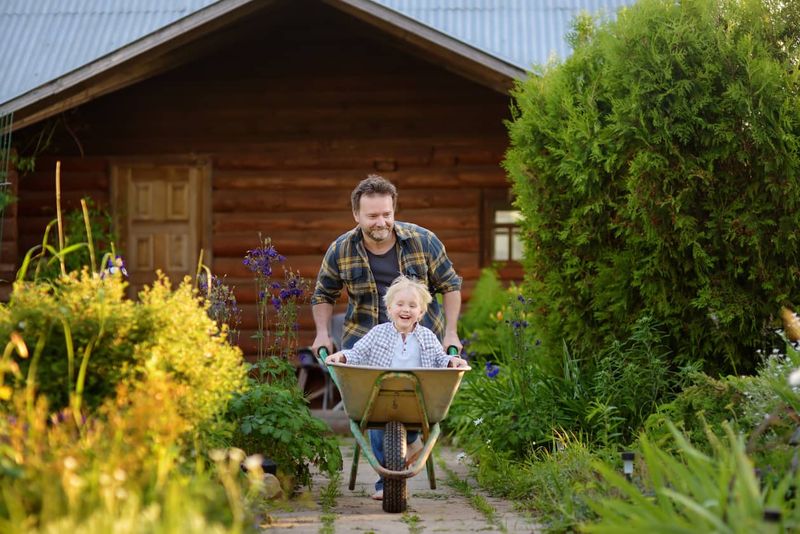
City life often means cramped living spaces. Apartments are small, and personal outdoor areas are rare. For families, this lack of space can be particularly challenging. The quest for room to grow, play, and relax leads many to consider suburban or rural alternatives.
More space offers freedom and comfort, allowing for gardens, pets, and personal projects. It caters to the human need for both physical and mental breathing room. As people prioritize space, they find fulfillment in environments that accommodate their lifestyle without the confines of urban density.
3. Traffic Congestion
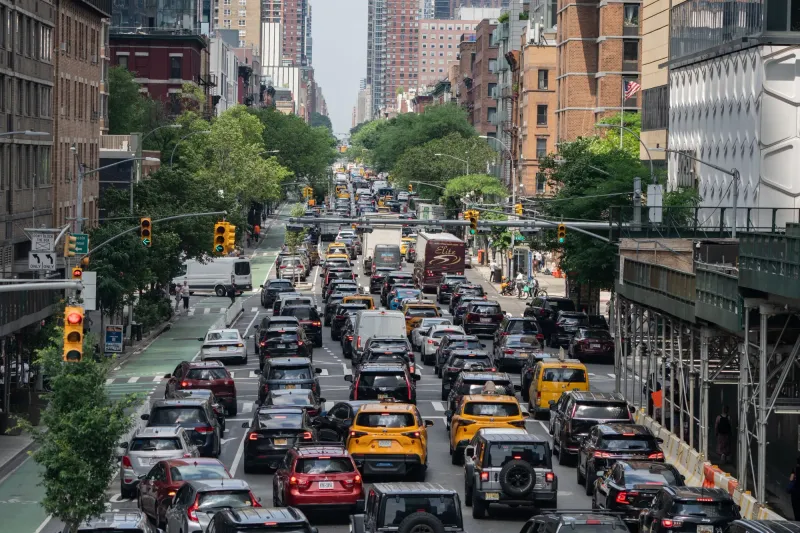
Endless traffic jams and long commutes plague city living. Daily life often revolves around the frustration of congested roads and crowded public transit. Time wasted in traffic adds stress and subtracts from precious personal time.
For many, the constant battle with city traffic fuels the decision to relocate. Seeking a slower pace, they are drawn to areas with shorter commutes and less congestion. The freedom to move without hindrance and reclaim lost hours becomes a significant factor in choosing to leave city life behind.
4. Quality of Life

The pursuit of a higher quality of life drives many away from urban centers. City environments, while vibrant, can be stressful and negatively impact health. Noise, pollution, and the fast pace contribute to burnout.
In contrast, rural and suburban areas often offer tranquility, cleaner air, and a slower rhythm. These environments support wellness and mental clarity, promoting a balanced lifestyle. Individuals seeking this balance find it in places where nature and community thrive, elevating their overall happiness and satisfaction.
5. Remote Work Opportunities

The rise of remote work has untethered employees from their urban offices. With the ability to work from anywhere, many choose environments that enhance their well-being. Remote work allows professionals to escape the high costs and stresses of city life while remaining productive.
This flexibility opens doors to living in less expensive, more spacious, and often more beautiful areas. As remote work becomes more prevalent, the appeal of city living diminishes, giving way to a new wave of lifestyle choices centered around comfort and flexibility.
6. Desire for Community

Communities in big cities can feel fragmented and impersonal. The desire for genuine connections and a sense of belonging leads many to seek out smaller, tight-knit communities. Small towns and rural areas often provide a strong sense of community, where neighbors know each other and support is readily available.
These connections foster a feeling of belonging and enhance personal well-being. As people yearn for real human interaction and community spirit, they turn to environments that prioritize these values over the anonymity of city life.
7. Safety Concerns
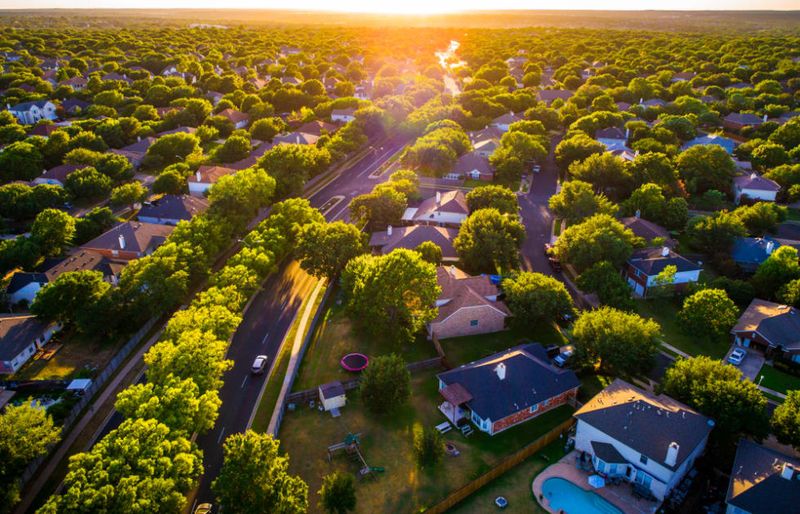
Concerns about safety can drive individuals away from big cities. Crime rates in urban areas often contribute to feelings of insecurity and anxiety. Families, in particular, worry about the safety of their children.
This fear prompts many to move to suburbs or small towns, where crime rates are typically lower and the environment feels more secure. The peace of mind that comes with feeling safe in one’s home and community is a powerful motivator for those contemplating a move away from the city.
8. Environmental Concerns

City environments can be harsh on the planet. Pollution, waste, and high energy consumption contribute to environmental degradation. Individuals passionate about sustainability often find city life conflicting with their values.
Moving to areas that emphasize eco-friendly practices offers a chance to live in harmony with nature. These regions often boast cleaner air, more green spaces, and community initiatives that align with sustainable living goals. For environmentally conscious individuals, this alignment becomes a strong reason to leave urban centers behind.
9. Pursuit of Simplicity
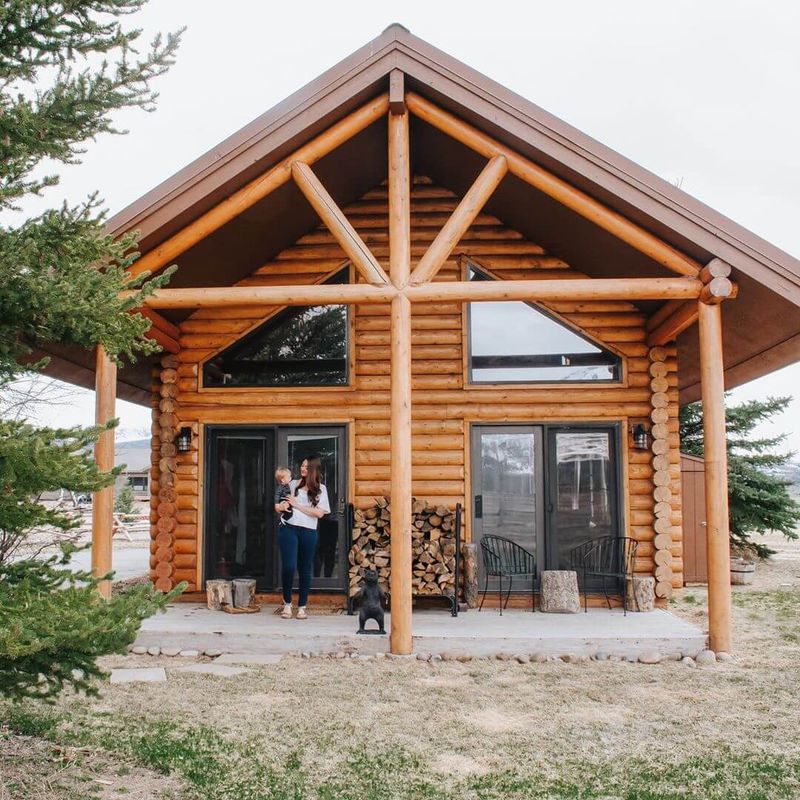
The complexity of city life can be exhausting. Constant stimulation and fast-paced living create a desire for simplicity and calm. Many yearn for a lifestyle that allows them to focus on what truly matters, free from urban distractions. Simplicity offers clarity, reducing stress and improving overall well-being.
This pursuit leads individuals to areas where life moves at a gentler pace, enabling them to savor everyday moments. The simplicity found in rural or suburban life appeals to those seeking meaningful experiences over material excess.
10. Cultural Shifts
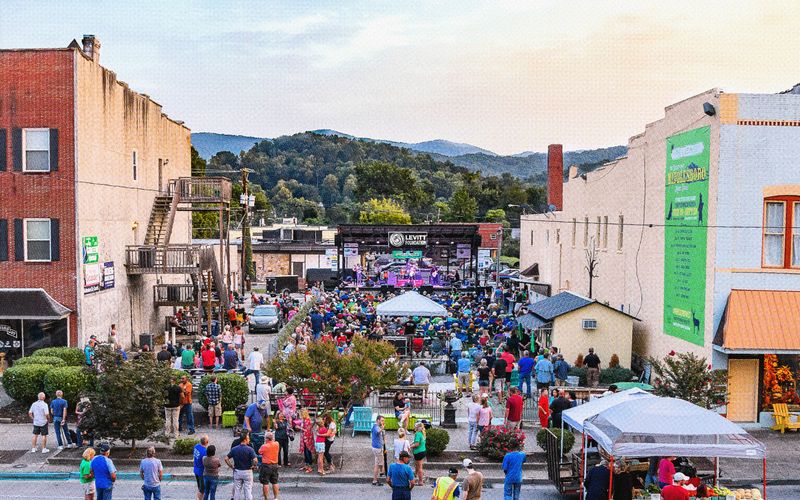
Cultural landscapes in big cities are diverse yet overwhelming. The constant influx of trends and lifestyle pressures can feel alienating. People long for environments where cultural expression feels genuine and community-driven.
Small towns often celebrate local traditions and foster inclusive atmospheres. These cultural shifts make small-town life appealing, offering a sense of belonging and authenticity. As individuals seek spaces where they can connect with culture in meaningful ways, they find solace in the grounded and welcoming nature of smaller communities.
11. Access to Nature

Proximity to nature is a significant draw for those leaving big cities. Urban areas often lack green spaces and access to natural beauty. Many crave the peace that comes from being surrounded by nature, which is readily available in rural settings.
Hiking trails, lakes, and forests offer not just recreation but a refuge from city stress. The ability to easily escape into nature provides mental and physical health benefits, making it a compelling reason for relocating to areas that offer such access.
12. Health and Wellness

Living in a city can challenge personal health and wellness. Pollution, noise, and limited green spaces impact physical and mental health. Rural areas, conversely, offer fresh air, tranquility, and opportunities for outdoor activities.
Health-conscious individuals are drawn to these areas for their wellness benefits, including reduced stress and enhanced physical activity. The holistic approach to health available in less urbanized settings supports a balanced lifestyle, making the move away from city life an attractive option for those prioritizing their well-being.
13. Family Considerations

Raising a family in a big city presents unique challenges. Limited space, high costs, and safety concerns can weigh heavily on parents. Many seek environments that provide a nurturing atmosphere for their children. Suburbs and small towns offer larger homes, better schools, and supportive communities.
These factors contribute to a wholesome upbringing, where children can thrive without the constraints of city living. Family considerations often tip the scales for those deciding to leave urban areas, seeking a brighter future for their loved ones.

Comments
Loading…